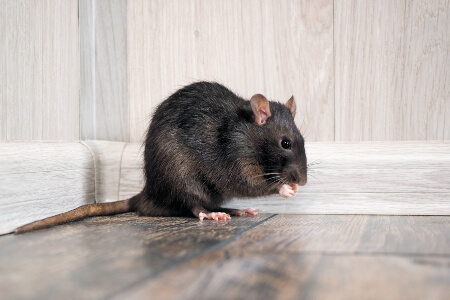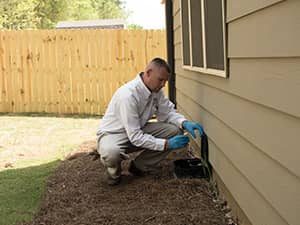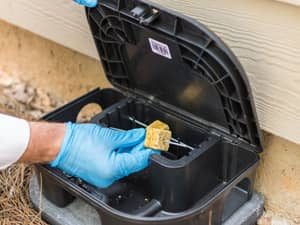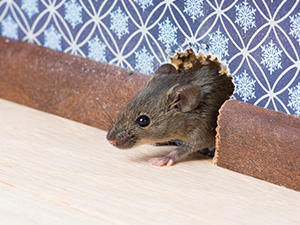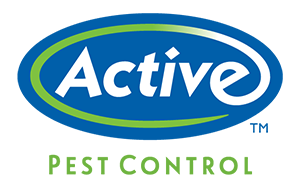Ready for your FREE quote?
Fill out the form below and we’ll be in touch!
*During normal business hours. After hours inquiries will be returned the next business day.
Menu
Ready for your FREE quote?
Fill out the form below and we’ll be in touch!
*During normal business hours. After hours inquiries will be returned the next business day.

